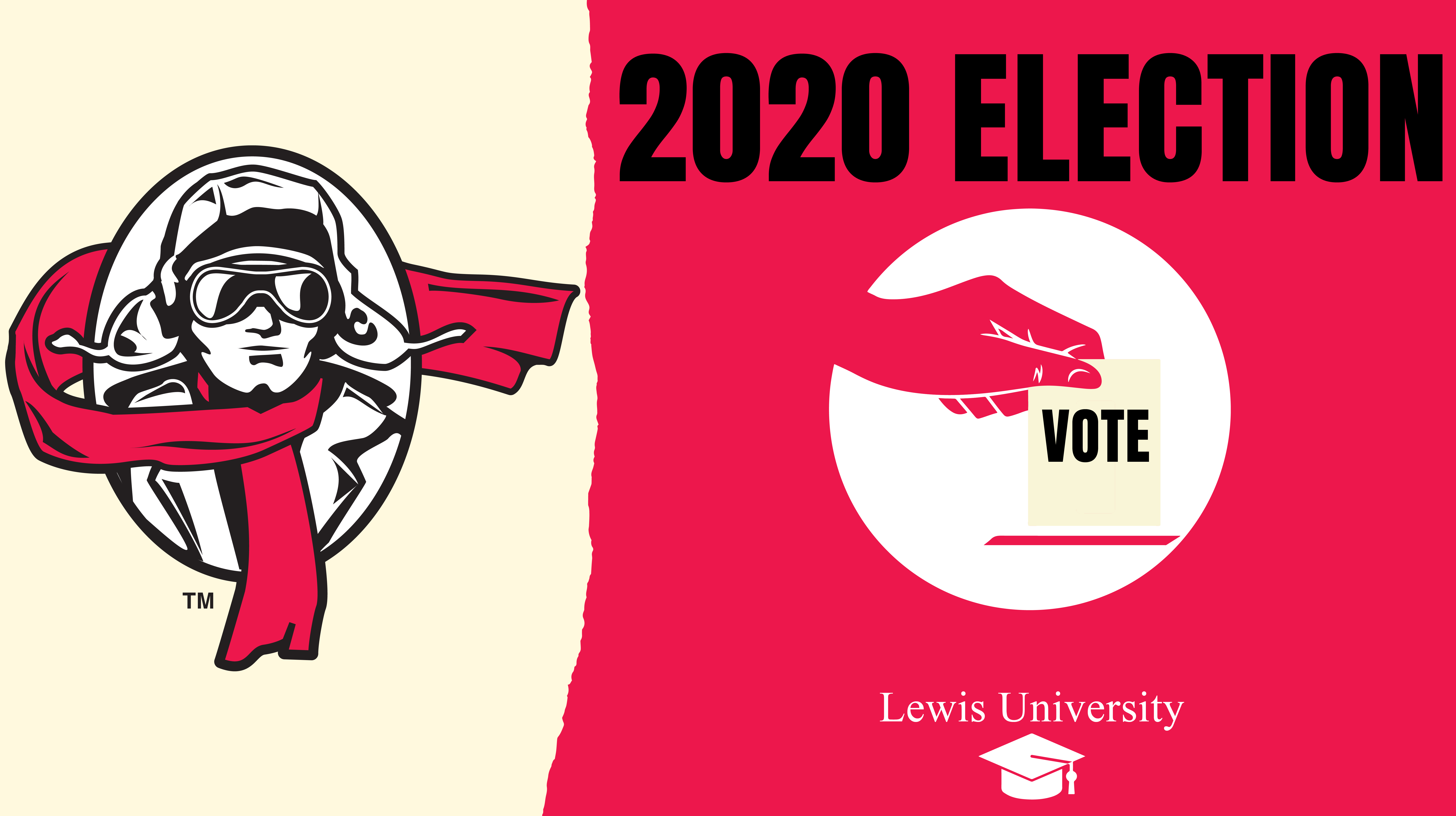
There is only one week until Election Day which will cause Nov. 3 to be a deciding factor on the fate and future of the U.S. During such unprecedented times, it is important to vote to make voices and concerns heard. As such, four professors from distinct colleges presented at a virtual Teach-In meeting on Oct. 20 to discuss the national election.
The Webex meeting moderated by Dr. Christopher Sindt covered topics such as the electoral college, polling and political partisanship, e-voting technologies, security concerns, and the role of media and social media in the election. The panelists were Communication professor Dr. David Anderson, Political Science professor Dr. Steven Nawara, Computer Science professor Dr. Jason Perry, and Marketing professor Dr. Dawn Schneider.
All speakers urged the importance of voting. Voting is important, especially since according to Dr. Steven Nawara, “there are already 4.4 million U.S citizens that will be excluded from the voting process.” The electoral college does not grant representation to U.S. citizens in U.S territories like Puerto Rico, Marianas Islands, Guam, and the Virgin Islands. The electoral college chooses whoever wins over 270 electoral votes, even though there are a total of 538 electoral votes possible based on how many representatives each state has in Congress.
There are many controversies over the electoral college, as according to the National Endowment for the Humanities (NEH), it is often criticized as “undemocratic” as it permits the election of a candidate who does not win the most votes. In addition, it’s a winner-takes-all approach that cancels all the votes of the losing candidate in each state. This means that no matter how many votes the losing candidate has obtained, as long as the winning candidate has one more electoral vote, all of the electoral votes are erased as if they never existed. This adds more to the urgency to vote as one vote can make or break the election results.
As Nawara ended his 10-minute overview of the electoral college, Dr. Dawn Schneider was welcomed to give a presentation about how media and social media affect the presidency. According to Schneider “in 2009 about 42% of the American population was using social media for the elections and by 2020, it rose to 60% of the population.”
While the increase is astounding, the effects of the rise in social media usage are shocking as data has become weaponized. People’s search history is used as a way to target people for the elections. Furthermore, with the spike in usage of social media, there has been a rise in misinformation or the famous phrase “alternative facts.” There is some good news about social media according to Schneider and Anderson. Social media has increased political engagement which used to be at an all-time low as during the last election there were many that didn’t vote. But now, it is also used to hold candidates accountable and information is more accessible to people of all ages and backgrounds.
As social media and technology play a large factor in people’s lives and the election, there are many that try to violate people’s right to vote. Perry expands on the importance of technology and election security. Perry detailed how even in today’s society technology is used to count all voting ballots, even the paper ballots. Because of this, Perry argues that it is inevitable that all voting will be moved online in the source of an app. E-voting is recommended by experts and can be defended by making all electronics audited and encrypted. According to Perry, “it is essential to democracy that everyone has the access to vote.” E-voting makes that a possibility.
The session ended with a question and answer session which reinforced the idea of being active and not passive in the elections. In the end, all panelists agreed that while media platforms and voting procedures may change, the act of voting is a right that every American citizen should never forsake.
Photo credit: Anthony Beimal, Lewis University
